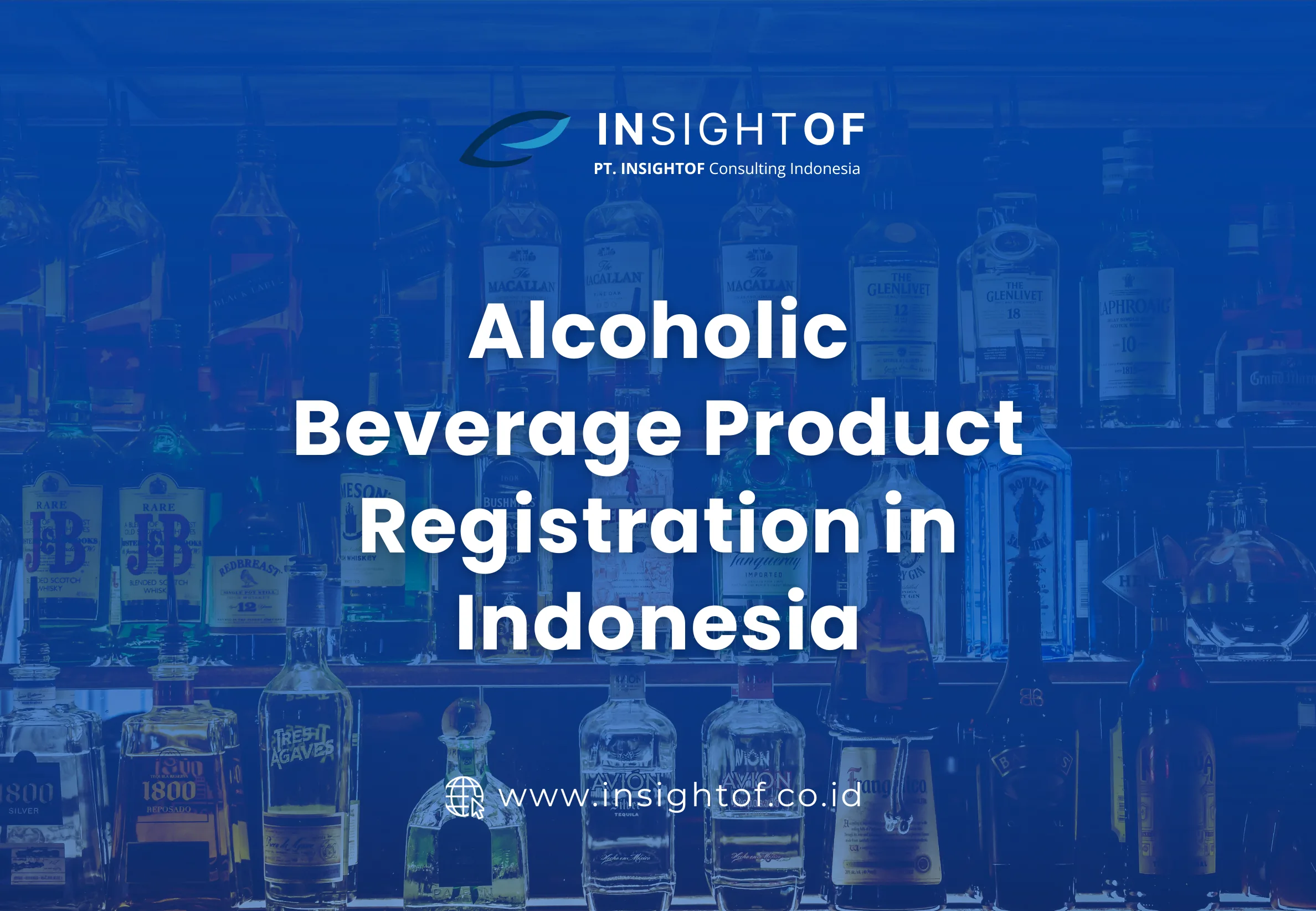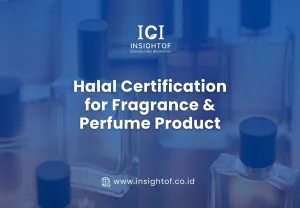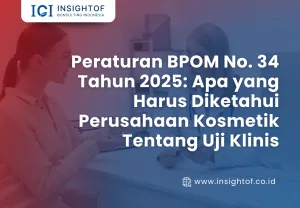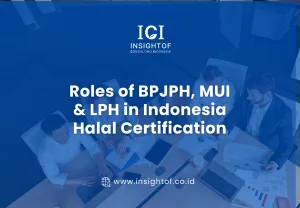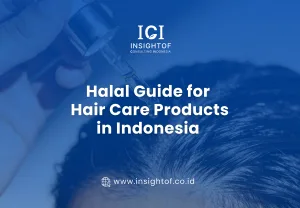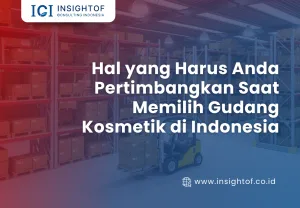The trade and distribution of alcoholic beverages in Indonesia is tightly regulated. The main regulation is based on Presidential Regulation No. 74 of 2013 on the Control of Alcoholic Beverages (Article 9), which mandates the Minister of Trade to issue its implementing provisions. According to Ministry of Trade Regulation (Permendag) No.20/2014 (and its amendments), alcoholic beverages are classified into three groups (A, B, C), and may only be imported by registered importers (IT-MB) holding a SIUP-MB license. Groups B and C are considered controlled goods, and their distribution is strictly monitored by authorities. The Permendag also requires importers to have complete documentation (API/SIUP-Export, Company Registration Certificate, Tax ID, Customs ID Number, Letter of Appointment from the principal, legalized by a notary/public official) in order to obtain an Alcoholic Beverage Registered Importer license (IT-MB). Additionally, the Indonesian FDA (BPOM) monitors product safety through processed food registration requirements (BPOM Regulation No.27/2017).
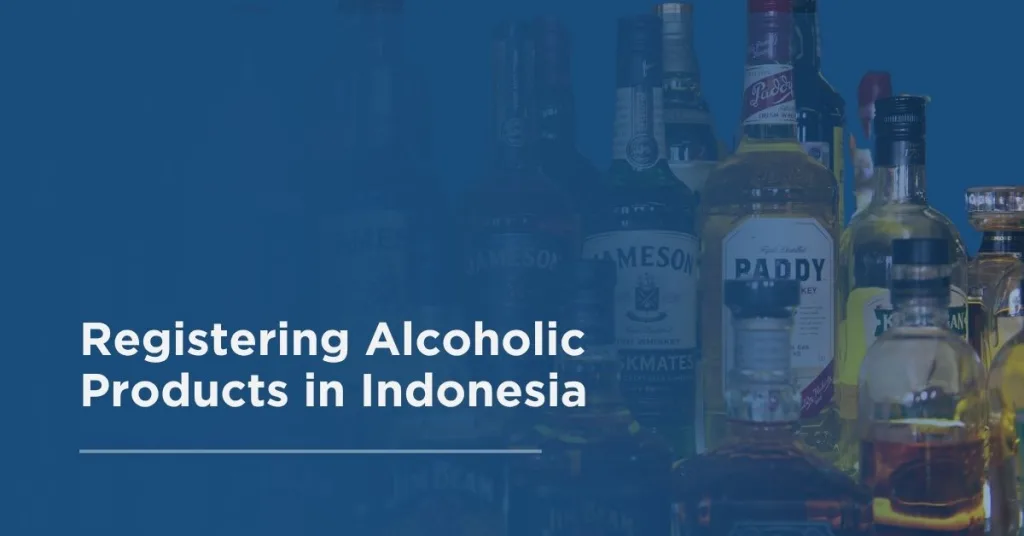
Classification of Group A, B, and C Alcoholic Beverages
According to Permendag regulations, alcoholic beverages are classified based on ethanol (C₂H₅OH) content as follows:
- Group A: Alcohol content up to 5% (≤5%).
Examples: Light beers (lager, ale, stout), shandy, cider, low-alcohol fruit drinks.
Group A beverages are relatively mild and can be sold in licensed retail stores. Retailers of Group A must hold a Retail Certificate (SKP-A), while direct sellers (e.g., bars) require a Direct Seller Certificate (SKPL-A) . - Group B: Alcohol content between 5% to 20%.
Examples: Wine, sake, pasteurized sake, mid-strength fermented beverages, and some liqueurs below 20%.
These require stricter control and may only be sold through authorized distributors and retailers. - Group C: Alcohol content between 20% to 55%.
Examples: Spirits and high-alcohol beverages such as whisky, vodka, gin, rum, arak, brandy.
Group C is the most heavily regulated, with distribution allowed only through specially licensed companies.
Only companies or importers with complete and verified licenses can distribute alcoholic beverages accordingly. Group B and C are controlled commodities that may only be distributed by companies with IT-MB and SIUP-MB. Group A requires distributors and retailers to obtain SKP-A or SKPL-A permits.
Alcoholic Beverage Classification Table
| Group | Ethanol Content (C₂H₅OH) | Example Beverages |
|---|---|---|
| A | ≤ 5% | Light beer, shandy, cider, low-alcohol wine |
| B | > 5–20% | Wine, sake, fruit fermentation, light liqueurs |
| C | > 20–55% | Whisky, vodka, gin, rum, brandy, arak |
Group A: Can be sold in licensed retail outlets. Retailers need a Retail Certificate (SKP-A), and bars/restaurants need a Direct Seller Certificate (SKPL-A).
Group B & C: Can only be imported and distributed by companies holding IT-MB and SIUP-MB. These are considered controlled products with strict monitoring.
Product Registration Process with BPOM
Every imported food or beverage product must obtain a BPOM Distribution Permit before being marketed. Here’s the general procedure:
- Company Registration on e-BPOM:
The importer or local distributor must create a company account on BPOM’s online system (e-BPOM). Required documents include a Tax ID (NPWP — only one account allowed per NPWP), Business Identification Number (NIB/OSS), and relevant business licenses (SIUP/API/IT). Ensure that company information (address, phone, SIUP/API) is fully filled out. - Prepare Technical Supporting Documents:
As required under the annex of BPOM Regulation No.27/2017 :- Administrative documents: NPWP, NIB/OSS, SIUP/API/IT-MB registration.
- Audit & Certification: Audit report of the distribution facility (PSB) and quality system certification (GMP/HACCP/ISO 22000 or local equivalent).
- Letter of Appointment from Manufacturer: Official appointment or authorization letter from the foreign manufacturer to the importer/distributor, notarized and legalized by the Indonesian consulate/embassy .
- Certificate of Analysis (CoA): Lab results on the finished product from an accredited lab .
- Health Certificate or Free Sale Certificate: Issued by the competent authority in the country of origin, legalized.
- Label Design: Label mockup in Bahasa Indonesia . If any foreign language is used, an official sworn translation must be attached . Labels must include nutritional info, ingredient list, net weight, expiry date, BPOM registration number, and local importer address.
- Other Technical Documents: Product specification, ingredients, halal certificate (if applicable), organic certification (if claimed), and info related to GMO, irradiation, and nutrition must also be included as needed.
- Submission and Evaluation Process:
Once all documents are complete, submit the application through the BPOM e-Registration system (e-Reg). BPOM will evaluate the product’s safety. Any request for additional data will pause the review until fulfilled. - Validity and Cost:
Upon approval, BPOM issues a Distribution Permit Number (ML code for imported products). The license is valid for 5 years, renewable before expiry.
Tips and Recommendations for Exporters
- Ensure Complete Documentation: Prepare all technical documents in advance according to the BPOM regulation checklist. Any missing or non-compliant documentation will cause delays.
- Label Compliance is Critical: Your product label must comply with Indonesian food labeling laws, including full translation into Bahasa Indonesia and all mandatory label components.
- Avoid Missteps: Do not attempt to market or distribute alcoholic beverages in Indonesia without proper licensing — enforcement is strict, and non-compliance can result in product rejection, fines, or criminal charges.
Need assistance registering your alcoholic beverage in Indonesia?
Contact us today to start your registration process.

